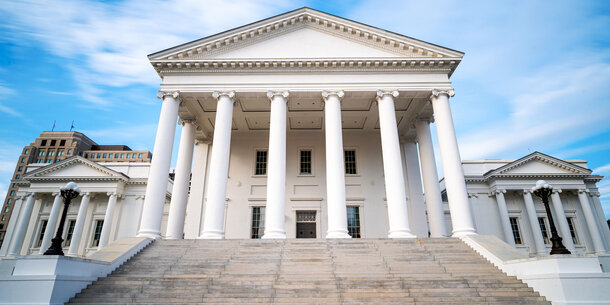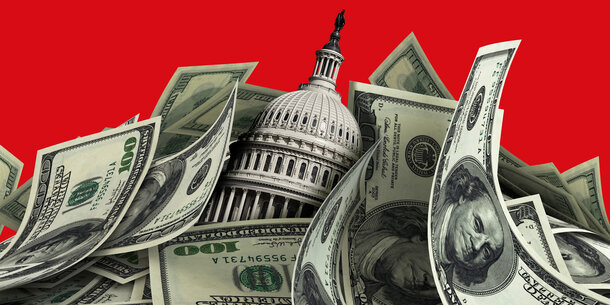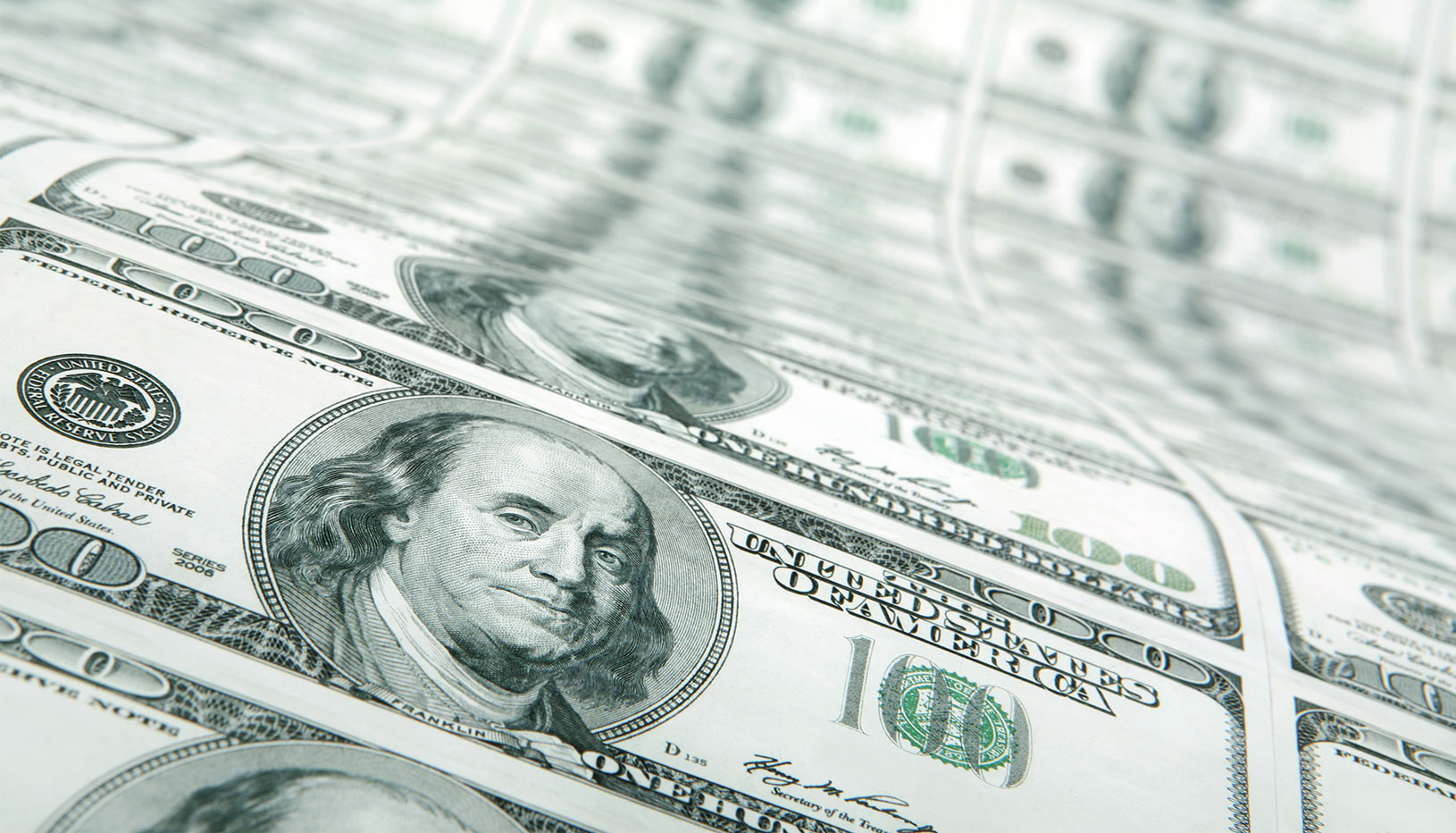A boom in small donations has transformed recent elections, signaling that millions more people than ever before are engaged in politics through campaign finance. Small donors gave more than $4 billion in the 2020 federal elections, up from $1 billion in 2016. 1Thanks to social media and online fundraising platforms, this nationwide pool of donors has become an important target of political fundraising. In a democracy, broad participation in this critical aspect of the electoral process is good. But are there downsides to the increase in small money?
A number of critics say there are. 2These commentators have argued that politicians’ growing reliance on small donors exacerbates two related trends: increasing polarization, wherein politicians take more and more extreme ideological stances, and fragmentation, in which renegade officials buck their party leaders and undermine their ability to govern. These critics question the advisability of a popular campaign finance reform proposal: small donor matching. 3Such programs amplify small donations — typically defined as contributions of around $200 or less — by matching them with public funds to offset the current system’s dependence on the very wealthiest donors.
There is little evidence that the risks posed by small donors outweigh the benefits of lifting their voices. Critics have overstated their role in increasing political polarization and fragmentation. American politics has many problems. The rise of small donors is not one of them.
All donors, regardless of how much they give, tend to be more partisan and ideological than the average voter. Many small donors give in patterns indistinguishable from those of other classes of donors. And while small donor giving has increased significantly in recent years, big-money spending has grown faster. The few wealthy donors who give the largest amounts have a much greater impact on American politics and prop up more than their share of extreme, norm-breaking candidates.
Most important, whatever the role of small donors in fueling dysfunctional politics, well-designed matching programs do not make it worse. Matching programs do not simply amplify existing small donors but transform fundraising incentives to change who gives in ways that may mitigate polarization and fragmentation.
Endnotes
-
1
Karl Evers-Hillstrom, “Most Expensive Ever: 2020 Election Cost $14.4 Billion,” OpenSecrets, February 11, 2021, https://www.opensecrets.org/news/2021/02/2020-cycle-cost-14p4-billion-doubling-16. -
2
See, e.g., Thomas B. Edsall, “For $200, a Person Can Fuel the Decline of Our Major Parties,” New York Times, August 30, 2023, https://www.nytimes.com/2023/08/30/opinion/campaign-finance-small-donors.html; David Byler, “Small-Dollar Donors Didn’t Save Democracy. They Made It Worse,” Washington Post, May 1, 2023, https://www.washingtonpost.com/opinions/2023/05/01/small-donors-political-campaign-spending; and Jonah Goldberg, “How Small Donors Have Become a Destructive, Dividing Force in American Politics,” Los Angeles Times, August 15, 2023, https://www.latimes.com/opinion/story/2023–08–15/small-donors-polarization-politicians-ideology-democracy. -
3
See, e.g., Richard H. Pildes, “Small-Donor-Based Campaign-Finance Reform and Political Polarization,” Yale Law Journal Forum 129 (November 18, 2019): 149–70, https://www.yalelawjournal.org/forum/small-donor-based-campaign-finance-reform-and-political-polarization.




